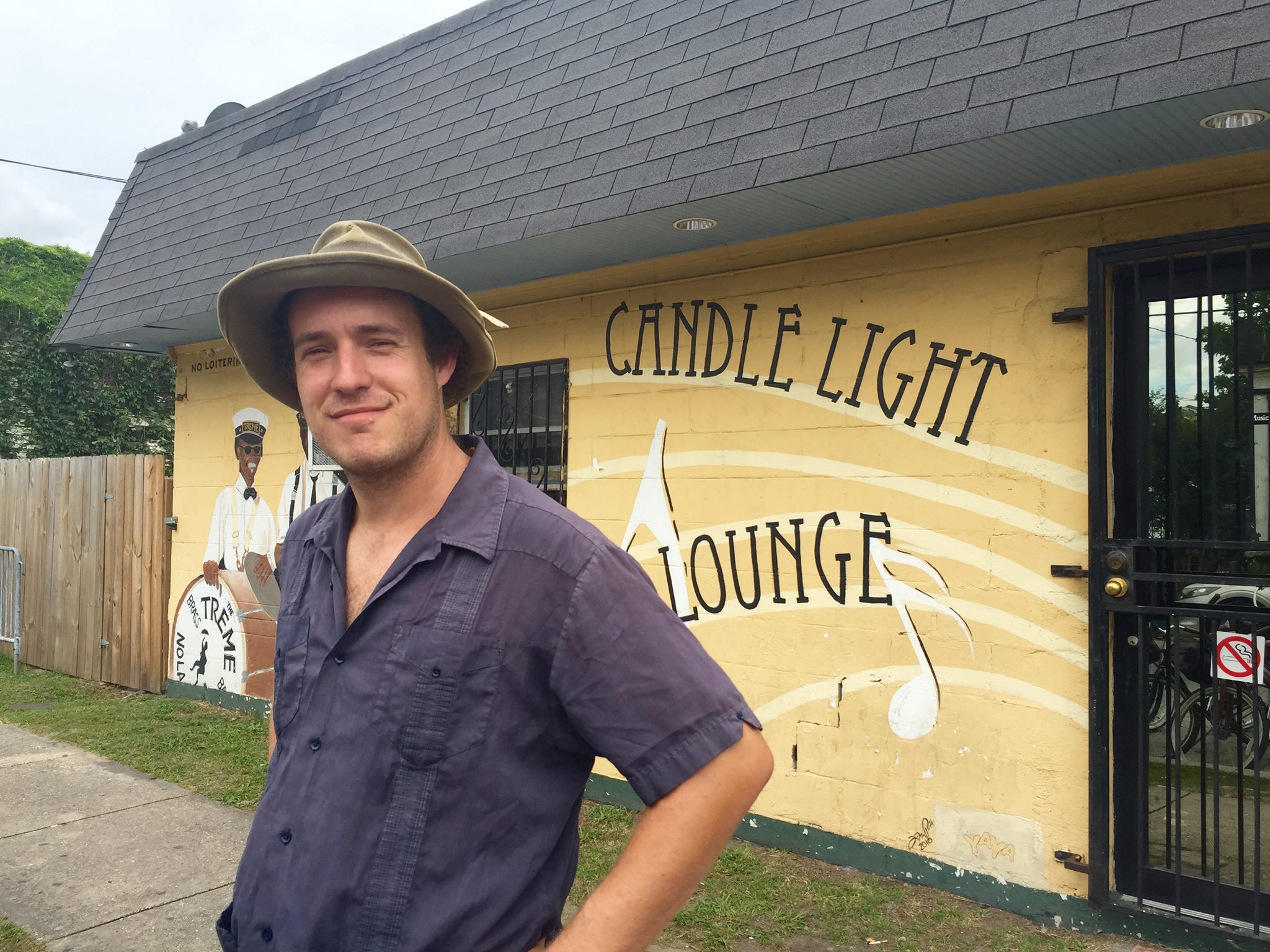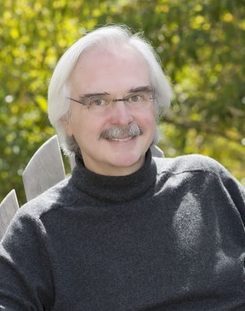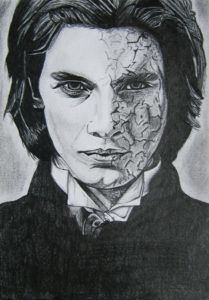An excerpt from the short story, “A Girl Goes into a Forest,” by Peg Alford Pursell (fiction, ’96), one of four published by Waxwing:
A Girl Goes Into the Forest
Tentative, curious, uncertain, alive, she followed him into the woods, moving in the direction where perhaps she imagined the rest of her life waited for her. So ready for something to happen. The old secret cottage had fallen to the ground. He acted as if that surprise of the disintegrated shelter were inconsequential, and spread a thin jacket over the dark forest floor for her. To lie down was harder than it looked to be; wasn’t everything? A thick scent of pine needles. Sour smell of mildewed ash. The moon rose. White and tiny, smeared into the fork of a naked branch overhead. Wind chattered like teeth through the trees, their trunks containing hundreds of years of memory. […continue reading here]












